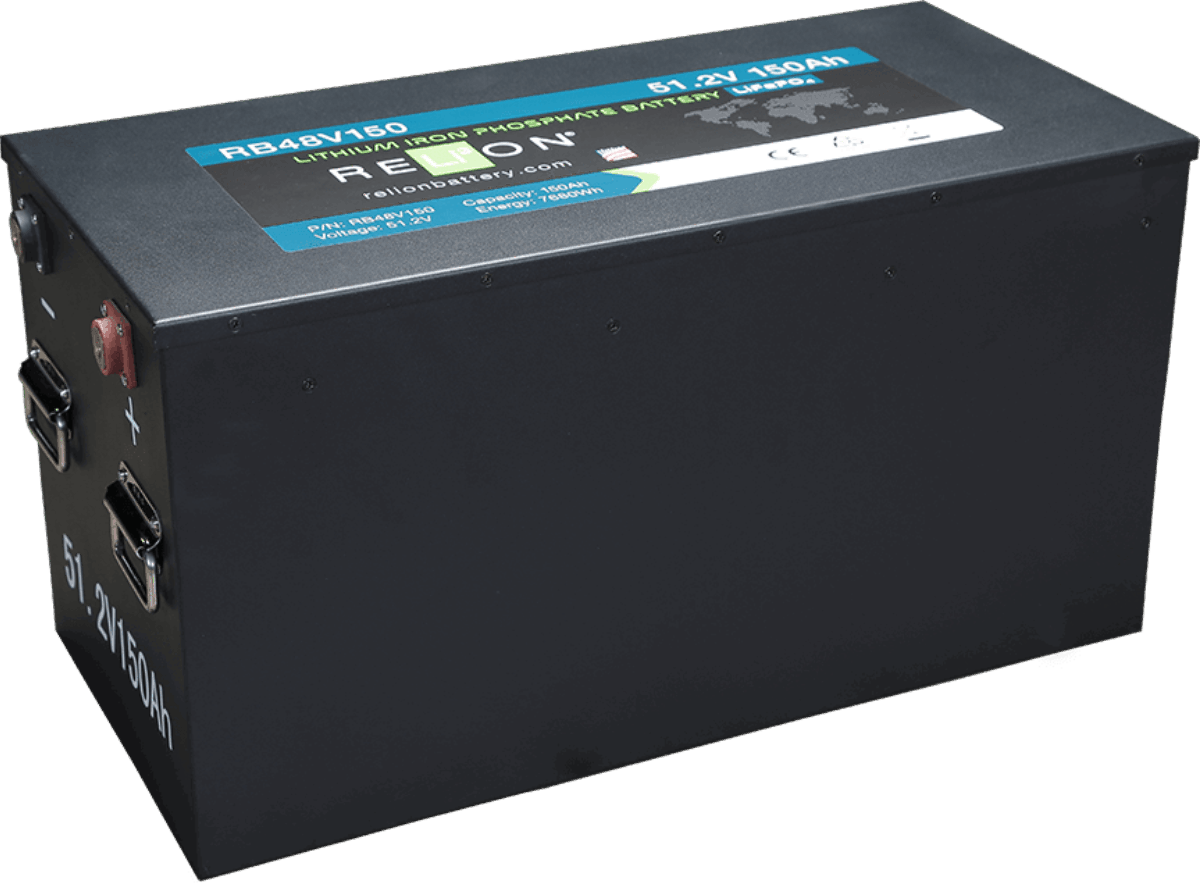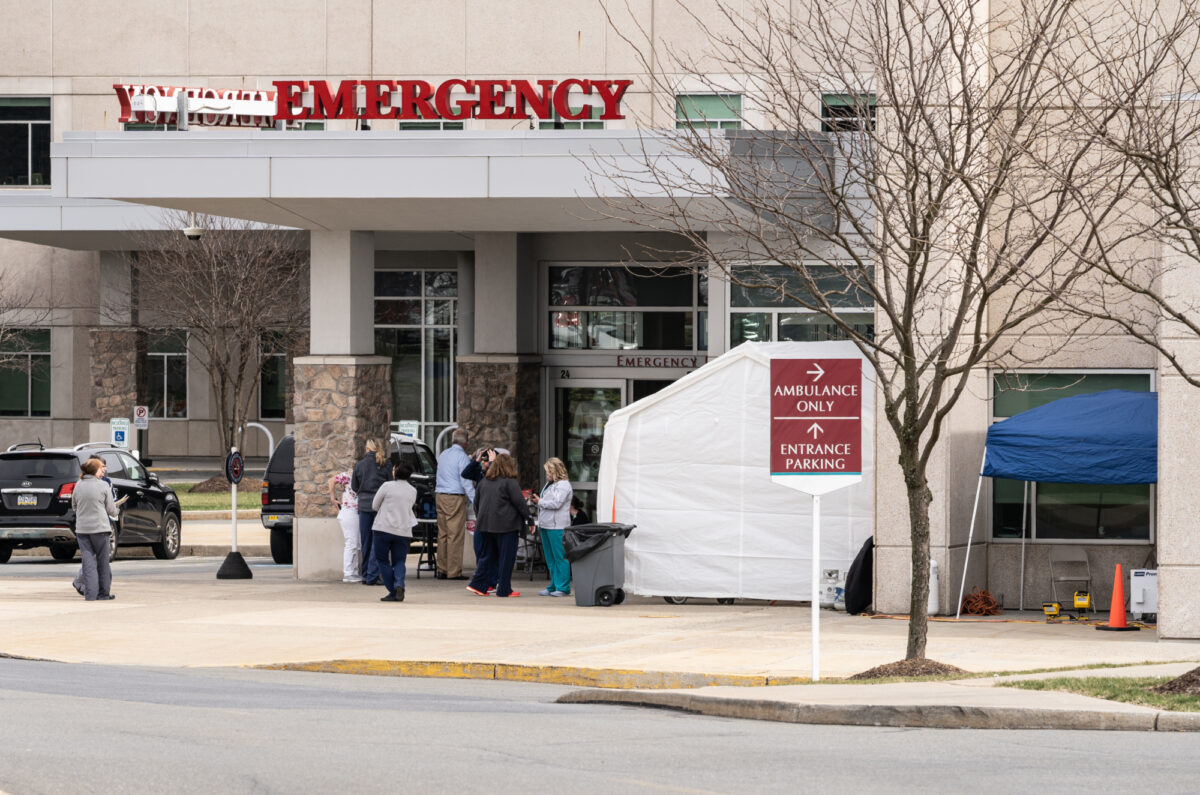“Essential” has become one of the defining words of 2020. Hospitals have always been essential to human health and flourishing, but we have a new appreciation for them after the COVID-19 crisis.
Hospitals operate under strict requirements for their power supplies. It goes without saying that modern medicine places high and stringent engineering demands on medical facilities and equipment. Here are a few ways lithium batteries can support the medical community.
1. Alternate or uninterruptible power supplies for hospitals
Long before certain jobs were classified as “essential,” hospital power supplies fell under the standards of an “essential electrical system” per the National Fire Protection Association. The NFPA codes, along with those from the National Electrical Code, ensure that the most critical loads in a hospital have minimal interruption in the event of an outage of the primary power supply.
Generators are the most common source of backup power in hospitals. But many of the usual concerns about generators are exacerbated in medical settings.
System designers must ensure that the noise and exhaust of generators would not impact patient care - the last thing a hospital would want during an extreme weather event, for example, would be diesel exhaust blowing into the ventilation intakes. But they also do not want the exhaust affecting adjacent residential areas, which is a factor in urban hospitals. Many hospitals are also trying to reduce their carbon footprint, for both public relations and public health purposes, and diesel generators run counter to that goal.
The major limitation in using lithium batteries as an emergency power supply is having a DC-to-AC inverter large enough to handle the necessary loads. If the power requirements exceed inverter capacity, the best solution is using multiple, smaller battery banks, each aligned to their own inverter.
Sizing one or more battery banks against facility demands and inverter capacity puts a premium on flexible options.
RELiON’s 48V series batteries, for example, are rated for 100Ah, 200Ah or 300Ah. That equates to 5 kWh, 10 kWh and 15 kWh, respectively. With appropriate installation guidelines based on the facility’s engineering, they can be connected into one or more banks to provide as much power as the facility needs.

If the battery bank and inverter are capable of covering the emergency loads but the facility still prefers a diesel generator, the battery could be the temporary alternate power supply in situations where the generator is out of service. This would normally occur during periods of generator testing or maintenance.
The battery bank would need to power the emergency loads for 90 minutes, with the voltage not dropping to less than 87.5% of full capacity.
This is not a concern with lithium batteries, and is, indeed, a major advantage over lead-acid batteries.
Lithium batteries maintain their full voltage throughout discharge, and retain their full voltage throughout their lifespan. They can be cycled to a very low state of charge without a loss in performance and can stay in a partial state of charge without any degradation.
Finally, battery banks can be readily used as an uninterruptable power supply (UPS) between the primary and backup supplies. If the required voltage for the UPS is less than 48V, RELiON’s batteries can cover this need.
2. Reduce downtime for carts and components
Many of the most familiar pieces of equipment in hospitals are portable and battery-powered. Doctors and nurses are regularly moving EKG monitors, mobile workstations with laptops or tablets, medication dispensing carts and the all-important crash cart from room to room.
During critically overloaded situations, minimizing equipment downtime is more important than ever. Every minute a cart is being charged is a minute a patient could be delayed treatment. The faster a battery runs down its capacity and the longer time it takes to recharge has a direct adverse impact on patient care when all available equipment is in use.
Lithium batteries have higher capacity, shorter charging time, longer lifespan and greater reliability under fluid or unpredictable circumstances than earlier forms of batteries. RELiON’s 12V batteries are rated from 5 - 300Ah, with 1.5 - 2x the run time and 10 times the cycle life of lead-acid batteries.
And if nothing else, we can simply ask: does “lead-acid” sound like something you’d want to bring near your patients?
3. Mobile power for mobile medical facilities
The COVID-19 crisis has caused a proliferation of temporary, mobile medical facilities. From field hospitals set up in open outdoor areas to mobile testing for drive-thru testing, medicine and medical professionals have gone where the need is.

Lithium batteries are the ideal power supply for rapid installation and efficient movement of temporary facilities. They are far more portable and customizable than generator-based systems, along with the regular advantages of noise and pollution. The battery banks to power these pop-up facilities would be similar to what RELiON offers for off-grid housing or recreational vehicles. Indeed, many mobile testing facilities and medical units in remote area resemble a modified RV.
The RB48V series can support 200A (9.6 kW) loads per battery, and can be recharged by solar panels during down time or via the electrical grid or a generator overnight.
RELiON knows power is essential to every one of our customers. Whether you’re on the water, off the grid or on the front lines, you can’t take any chances with your power supplies coming up short.
Contact us to tell us what essential tasks you need batteries to power. We’re looking forward to whatever challenge you put in front of us.

[Comment deleted]